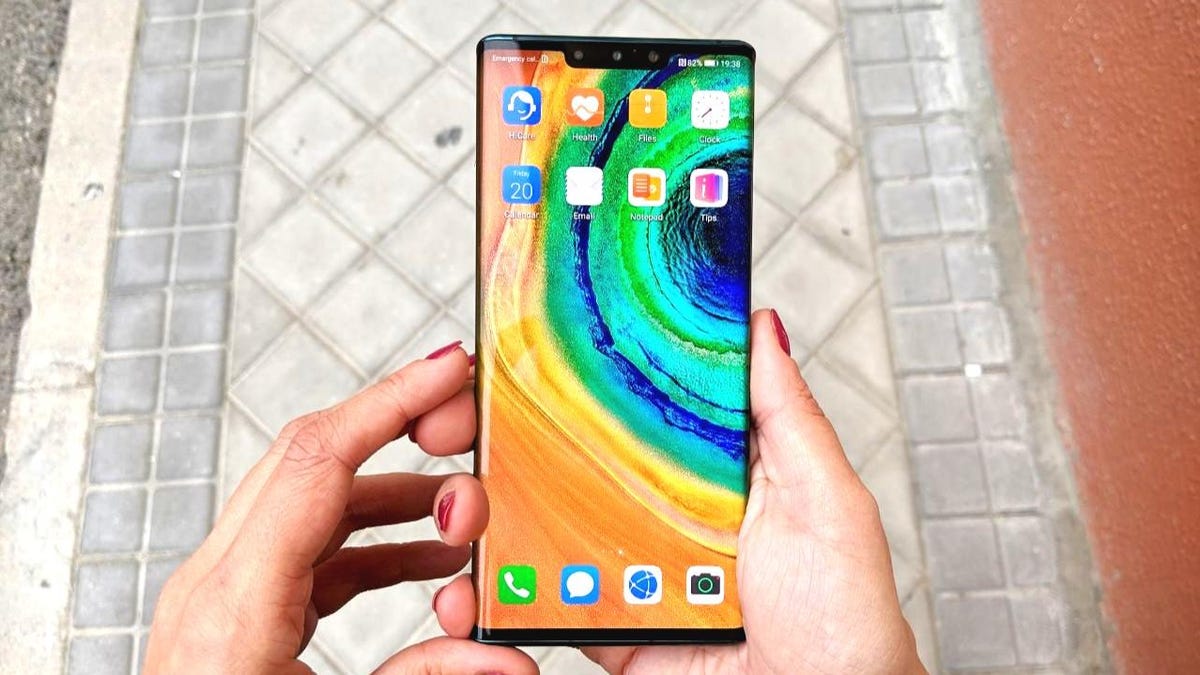Huawei exec acknowledges it's struggling without Google support
It'll take years for the company to develop its own alternative apps, an exec told the Financial Times.

The lack of Google support on phones like the Mate 30 Pro is hurting Huawei, an exec said.
Update, Oct. 23: The Huawei Mate X has been released, but only in China so far. Original story follows.
The loss of Google's apps is proving to be a major problem for Huawei, an executive told the Financial Times over the weekend. The controversial Chinese company is operating under the weight of a US ban imposed by the Trump administration, and it's been forced to use an open-source version of Google's Android operating system on its latest phones.
Even though Huawei's managed to find replacements for much of the equipment it used to get from American companies, Joy Tan, Huawei US vice president of public affairs, admitted to the paper that operating without Google services like Play Store or apps like Chrome and Maps is "the most challenging part."
Tan also said it'll be years before HarmonyOS, which Huawei revealed in August, will be able to match Google's suite of Android services.
Huawei lost full Android support after the US Commerce Department blacklisted the Chinese company in May, following President Donald Trump's executive order effectively banning it from US communication networks due to national security concerns over alleged ties to the Chinese government (which Huawei denies).
Google parent company Alphabet revoked Huawei's Android license, so Huawei started using the open-source version in its Mate 30 phones. A workaround let people manually download and install Google apps, but it was reportedly eliminated.
Last week, Huawei said it shipped 185 million phones in the first three quarters of 2019 -- a year-on-year increase of 26% -- despite the US blacklisting, but this was before it released any phones without Google apps.
The blacklisting has hurt US companies such as data storage maker Micron and semiconductor producer Broadcom, Bloomberg reported. Huawei is one of these companies' biggest customers and it can now source components from their competitors instead. Some of these companies are still shipping to Huawei through other countries and third parties.
Huawei didn't respond to a request for further comment.
First published at Oct. 21, 4:34 a.m. PT.
Updated at Oct. 22, 2:48 a.m. PT: Notes impact on US companies.

